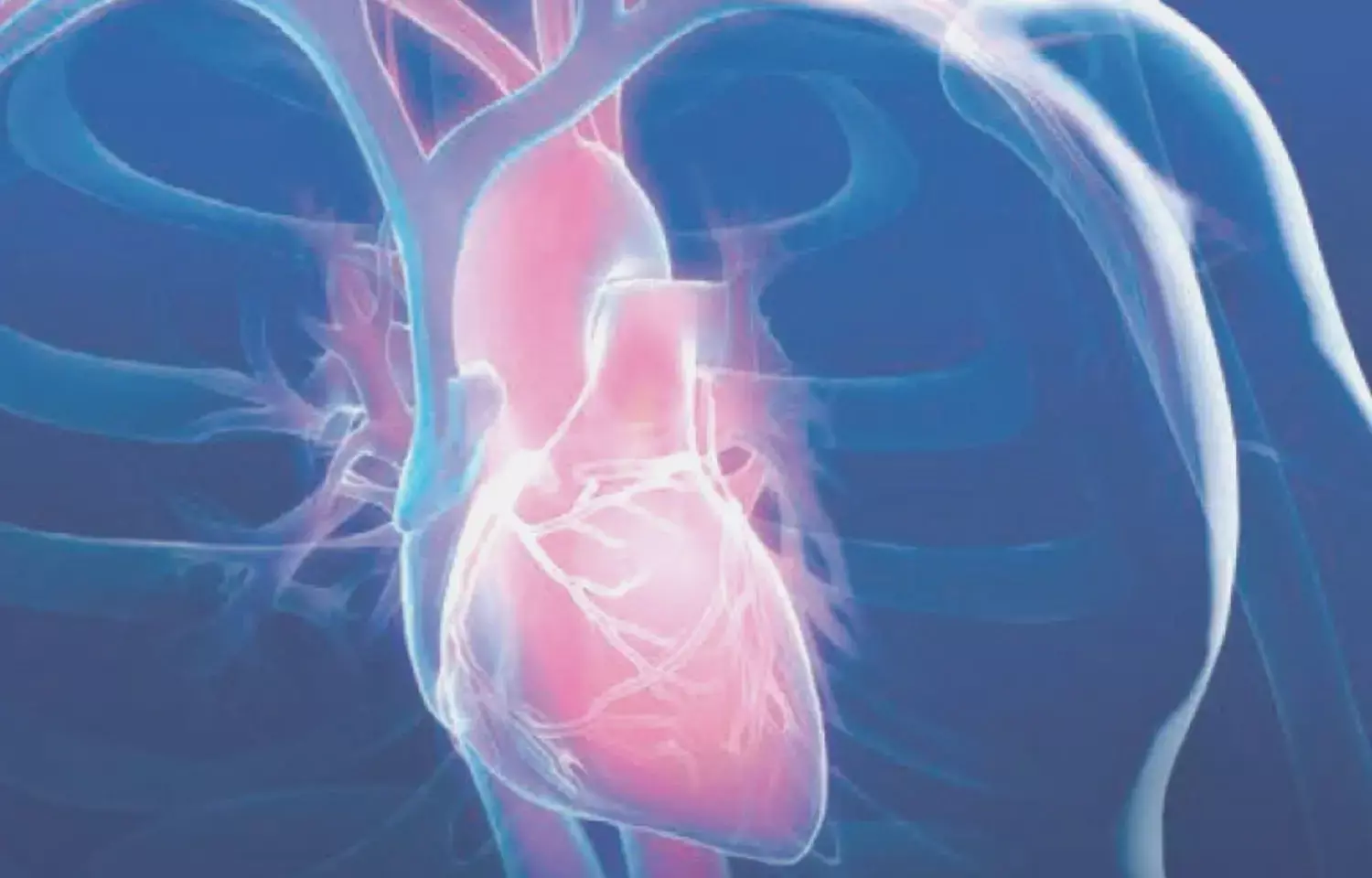- Home
- Medical news & Guidelines
- Anesthesiology
- Cardiology and CTVS
- Critical Care
- Dentistry
- Dermatology
- Diabetes and Endocrinology
- ENT
- Gastroenterology
- Medicine
- Nephrology
- Neurology
- Obstretics-Gynaecology
- Oncology
- Ophthalmology
- Orthopaedics
- Pediatrics-Neonatology
- Psychiatry
- Pulmonology
- Radiology
- Surgery
- Urology
- Laboratory Medicine
- Diet
- Nursing
- Paramedical
- Physiotherapy
- Health news
- Fact Check
- Bone Health Fact Check
- Brain Health Fact Check
- Cancer Related Fact Check
- Child Care Fact Check
- Dental and oral health fact check
- Diabetes and metabolic health fact check
- Diet and Nutrition Fact Check
- Eye and ENT Care Fact Check
- Fitness fact check
- Gut health fact check
- Heart health fact check
- Kidney health fact check
- Medical education fact check
- Men's health fact check
- Respiratory fact check
- Skin and hair care fact check
- Vaccine and Immunization fact check
- Women's health fact check
- AYUSH
- State News
- Andaman and Nicobar Islands
- Andhra Pradesh
- Arunachal Pradesh
- Assam
- Bihar
- Chandigarh
- Chattisgarh
- Dadra and Nagar Haveli
- Daman and Diu
- Delhi
- Goa
- Gujarat
- Haryana
- Himachal Pradesh
- Jammu & Kashmir
- Jharkhand
- Karnataka
- Kerala
- Ladakh
- Lakshadweep
- Madhya Pradesh
- Maharashtra
- Manipur
- Meghalaya
- Mizoram
- Nagaland
- Odisha
- Puducherry
- Punjab
- Rajasthan
- Sikkim
- Tamil Nadu
- Telangana
- Tripura
- Uttar Pradesh
- Uttrakhand
- West Bengal
- Medical Education
- Industry
Thrombolysis by slow infusion of t-PA effective in prosthetic valve thrombosis: Study

Turkey: Low-dose and slow/ultraslow infusion of tissue plasminogen activator (t-PA) should be considered a viable treatment in patients with obstructive prosthetic valve thrombosis (PVT), concludes a recent study. In the study, published in the Journal of the American College of Cardiology, it was found that low-dose and slow/ultraslow infusion of t-PA was associated with low mortality and complications and high success rates.
Prosthetic valve thrombosis is one of the life-threatening complications of prosthetic heart valve replacement. The optimal treatment of PVT remains controversial between surgery and thrombolytic therapy (TT) due to the lack of randomized controlled trials. To clarify this, Mehmet Ozkan, Ardahan University, Faculty of Health Sciences, Ardahan, Turkey, and colleagues aimed to prospectively evaluate the outcomes of TT and surgery as the first-line treatment strategy in patients with obstructive PVT.
The study enrolled a total of 158 obstructive PVT patients (women: 103; median age 49 years) in the multicenter observational prospective study. TT was performed using slow (6 hours) and/or ultraslow (25 hours) infusion of low-dose t-PA (25 mg) mostly in repeated sessions. 3-month mortality following TT or surgery was the primary endpoint of the study.
Based on the study, the researchers reported the following findings:
- The initial management strategy was TT in 52.5% patients and surgery in 47.5% cases.
- The success rate of TT was 90.4% with a median t-PA dose of 59 mg.
- The incidences of outcomes in surgery and TT groups were as follows: minor complications (38.7%and 8.4% respectively), major complications (41.3% and 6% respectively), and the 3-month mortality rate (18.7% and 2.4% respectively).
The study demonstrates the successful use of TT in patients with obstructive PVT and suggests the effectiveness and relative safety of slow and/or ultraslow t-PA infusions.
Reference:
KEYWORDS: JACC, thrombolytic therapy, prosthetic valve thrombosis, tissue plasminogen activator, tPA, PVA, Mehmet Ozkan, surgery, thrombolysis, prosthetic heart valve replacement
Dr Kamal Kant Kohli-MBBS, DTCD- a chest specialist with more than 30 years of practice and a flair for writing clinical articles, Dr Kamal Kant Kohli joined Medical Dialogues as a Chief Editor of Medical News. Besides writing articles, as an editor, he proofreads and verifies all the medical content published on Medical Dialogues including those coming from journals, studies,medical conferences,guidelines etc. Email: drkohli@medicaldialogues.in. Contact no. 011-43720751


